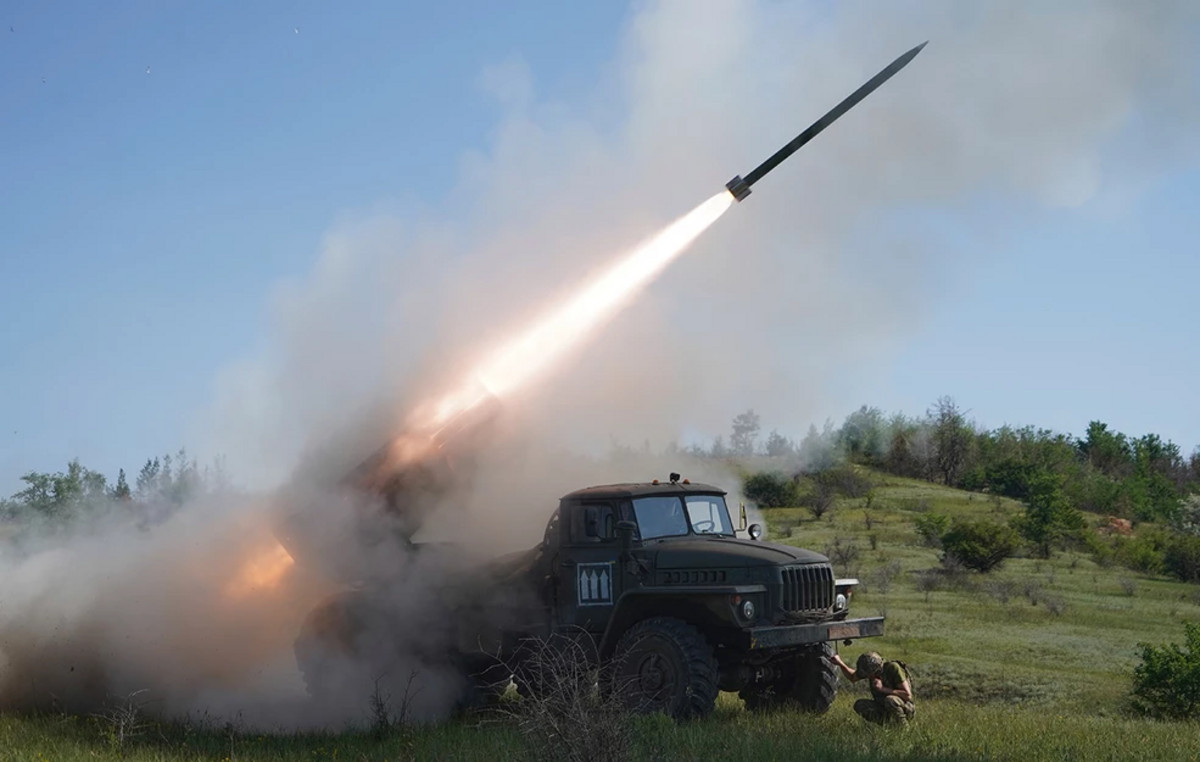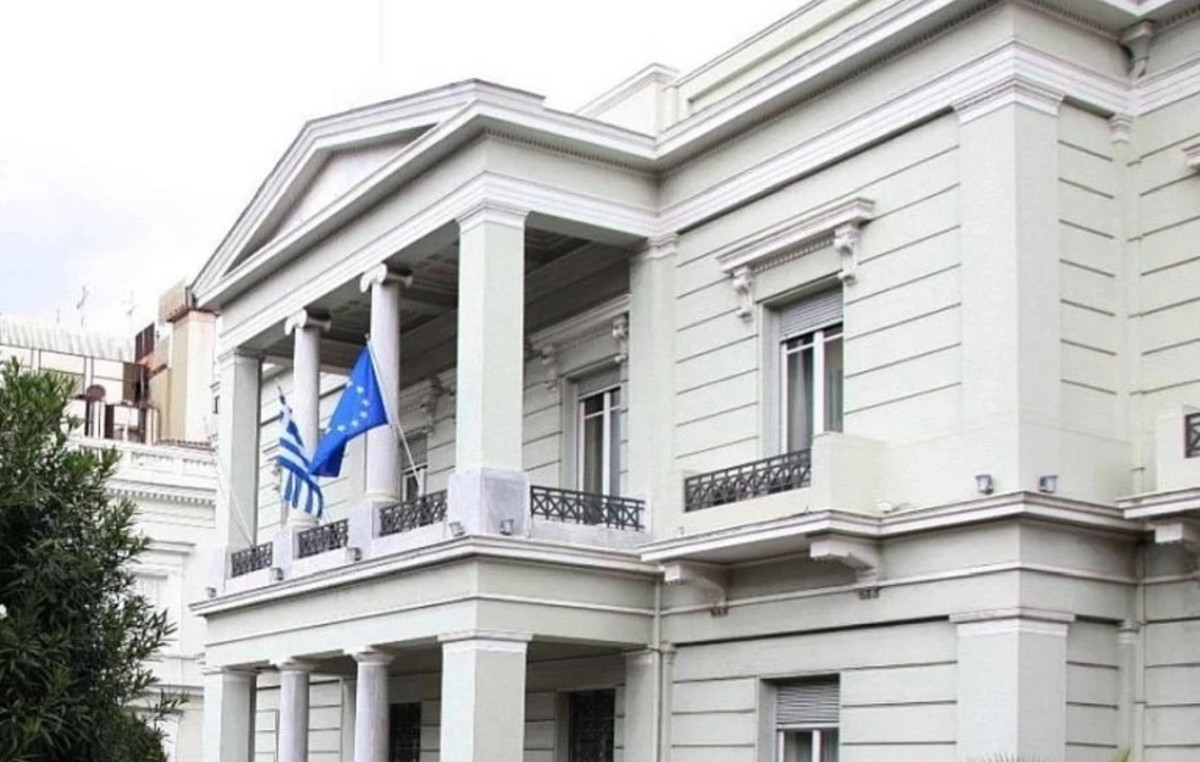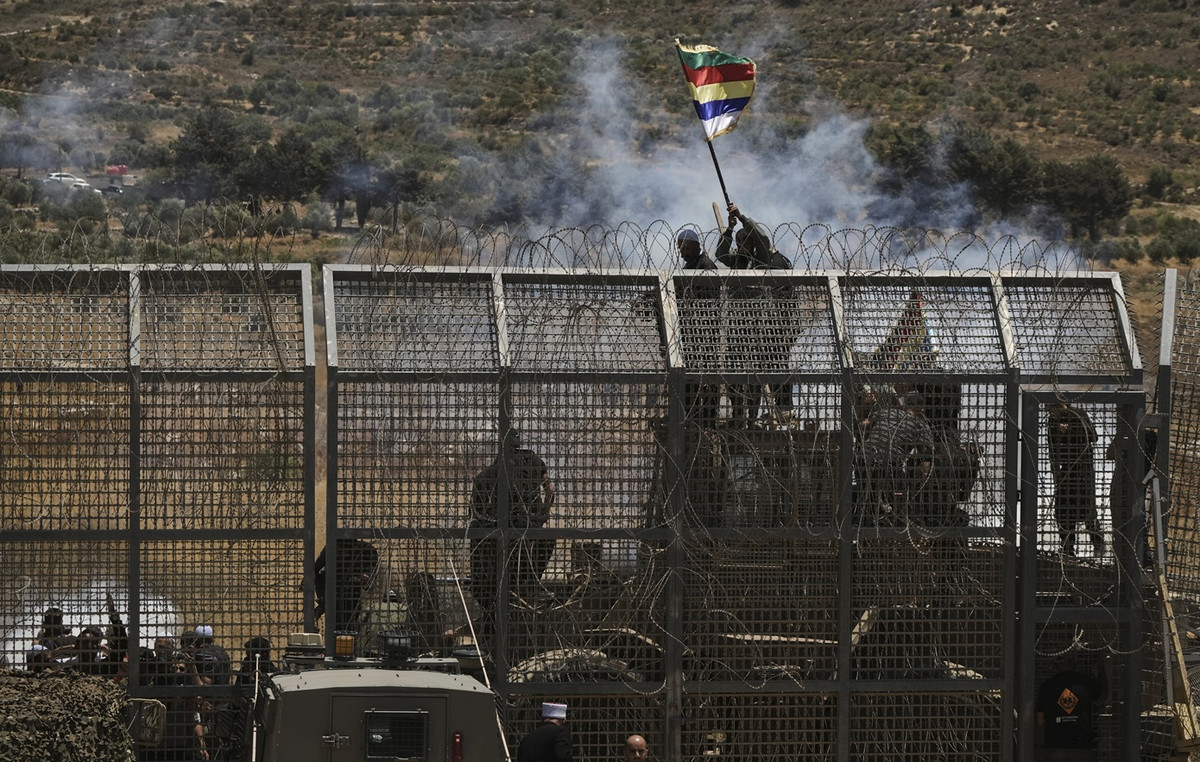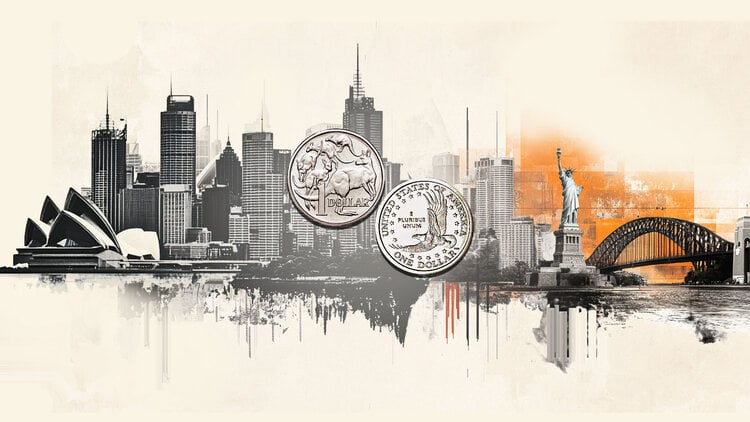Spain is immersed in political chaos with protests in several cities, mainly in the capital, Madrid, amid an agreement that seeks to swear in the new prime minister.
After intense negotiations, the Spanish Socialist Workers’ Party (Psoe) this week reached an agreement with Junts per Catalunya that will facilitate the inauguration of Pedro Sánchez as prime minister.
In exchange for support of Junts per Catalunya, the socialists agreed to introduce a controversial amnesty law for supporters of Catalan independence prosecuted for their participation in a failed attempt to make Catalonia independent from the rest of Spain, according to a copy of the bipartisan agreement reached by CNN .
In recent days, there have been demonstrations that brought together thousands of people in different parts of Spain against the amnesty law.
On Thursday (9), in Madrid, the demonstrations intensified: the correspondent of CNN Pau Mosquera was in the city center and witnessed explosions and bottles thrown during a protest that had been called at 8 pm [horário local] and, two hours later, it brought together almost 8,000 people, as reported.
This amnesty is a vital point for Sánchez in his attempt to be sworn in again as Spanish Prime Minister, since Junts per Catalunya (JxCat) and Esquerra Republicana de Catalunya (ERC) – pro-independence parties – have publicly requested the approval of said law so that they support it.
Without the votes of JxCat and ERC, in addition to those of other allies, the Psoe would not be able to obtain the 176 seats necessary in parliament for Sánchez to take office as prime minister in the first round.
Furthermore, Sánchez has not yet formalized his support for the five seats of the Basque Nationalist Party in northern Spain, which supported his government with votes in the last parliament, a Socialist Party source told CNN .
According to the president of the Spanish parliament, Francisca Armengol, this first attempt at victory must take place before November 27th. If this does not happen, new general elections will be called.
The Psoe seeks to register the amnesty law as quickly as possible to be able to hold the debate on inauguration before the deadline.
If sufficient support is not achieved in the first round, a second round would be held in parliament 48 hours later, where 176 votes in favor would no longer be necessary, but only a simple majority (more votes in favor than against), according to Congressional regulations.
It is in this context that amnesty is fundamental to Sánchez’s victory, but the socialist proposal caused discontent on the Spanish right.
What has happened in Spain so far
Dissolution of Parliament (May 2023)
After the regional and municipal elections on May 28, when the Popular Party (PP) was the most voted force, the Spanish Prime Minister, the socialist Pedro Sánchez, announced the dissolution of parliament and called general elections for July 23, five months before the end of the normal period.
In Spain, the Presidency of the government is renewed whenever general elections are held. Although the Spanish Constitution provides for this to occur every four years, the current prime minister has the prerogative of being able to dissolve the Cortes Generales (parliament) in advance and call new elections.
Inconclusive PP victory (July 2023)
In the general elections on July 23, the Popular Party — of which Alberto Núñez Feijóo is leader — was the winner of the dispute. The right-wing party secured 136 seats out of a total of 350 deputies in Congress. The far-right Vox, his ally, won 33 seats.
However, despite the victory of the right, these results were not enough to elect the Prime Minister of Spain, as 176 votes in favor are needed.
This translated into an obstacle for the PP and allies to form a government and represented an opportunity for Pedro Sánchez’s Psoe to maintain the government later.
Núñez Feijóo’s failed attempts (September 2023)
The process of choosing the new Spanish Prime Minister begins with the constitution of the new parliament, which occurred in July, after the general elections won by the PP.
Specifically, this process is initiated by the king with a round of consultations together with representatives appointed by political groups with parliamentary representation.
After these meetings, the King of Spain notifies the Presidency of Congress who his proposed candidate is to try to form a government.
From then on, as established by Congressional regulations, the President of the Chamber sets the dates to convene the plenary session that will debate the nomination.
In the specific case of this fifteenth legislature, Núñez Feijóo, leader of the PP, tried to gain the confidence of the Chamber in nomination debates, which took place on Tuesday, September 26th, and Wednesday, September 27th.
In the first round, Feijóo did not obtain the necessary 176 votes in favor of Congress. According to the regulations, the candidate had a second opportunity days later.
On September 29, the second round was held, in which the PP leader needed a simple majority to be sworn in as prime minister. However, this did not happen either, with a final vote of 172 votes in favor and 177 against.
King’s Request to Pedro Sánchez (October 2023)
Following Núñez Feijóo’s failed attempt, the acting Prime Minister of the Spanish government, Pedro Sánchez, said on Tuesday, October 3, that he had accepted the King of Spain’s request to form a government and added that he would seek a majority of left in parliament.
With this new request from the king, Pedro Sánchez had the opportunity to form a government again for another four years.
However, due to the results of the July elections, the Psoe needs the votes of Sumar – a coalition of several parties on the Spanish left – and the Basque and Catalan nationalist parties.
And this is where we return to the point of amnesty, because, as explained at the beginning, the Catalan parties JxCat and ERC publicly asked Sánchez for an amnesty for the leaders of Catalonia’s failed independence attempt in 2017; otherwise, they would not add their support to form a government.
Amnesty agreement (November 2023)
After two weeks of intense negotiations, the Spanish Socialist Workers’ Party (Psoe) and Junts per Catalunya reached an agreement that will facilitate Pedro Sánchez’s candidacy as Prime Minister of Spain.
The agreement includes an amnesty law that will benefit politicians and other citizens convicted or prosecuted for promoting the unreferenced 2014 popular consultation to define what the future of Catalonia should be like or the independence referendum, held in October 2017, and which was declared illegal by Spanish justice.
The agreement reached will serve to support not only the socialist leader’s candidacy, but also the following four years of legislature, as reported from Brussels by the secretary of the Psoe organization.
Although this was the most arduous negotiation that the Psoe carried out to achieve Sánchez’s victory, everything is not yet closed for parliament to host the debate where the still acting prime minister will be able to revalidate his position.
It will still be necessary to close negotiations with the Basque Nationalist Party, the last party that must make a commitment to support Sánchez’s candidacy.
Until this Friday, there was no date set for Congress to host Pedro Sánchez’s inauguration debate. This must be carried out by November 27, the date on which the Cortes Generales will be dissolved and new general elections will be called.
VIDEO – Confrontation between protesters and police in Madrid
Source: CNN Brasil
Bruce Belcher is a seasoned author with over 5 years of experience in world news. He writes for online news websites and provides in-depth analysis on the world stock market. Bruce is known for his insightful perspectives and commitment to keeping the public informed.







